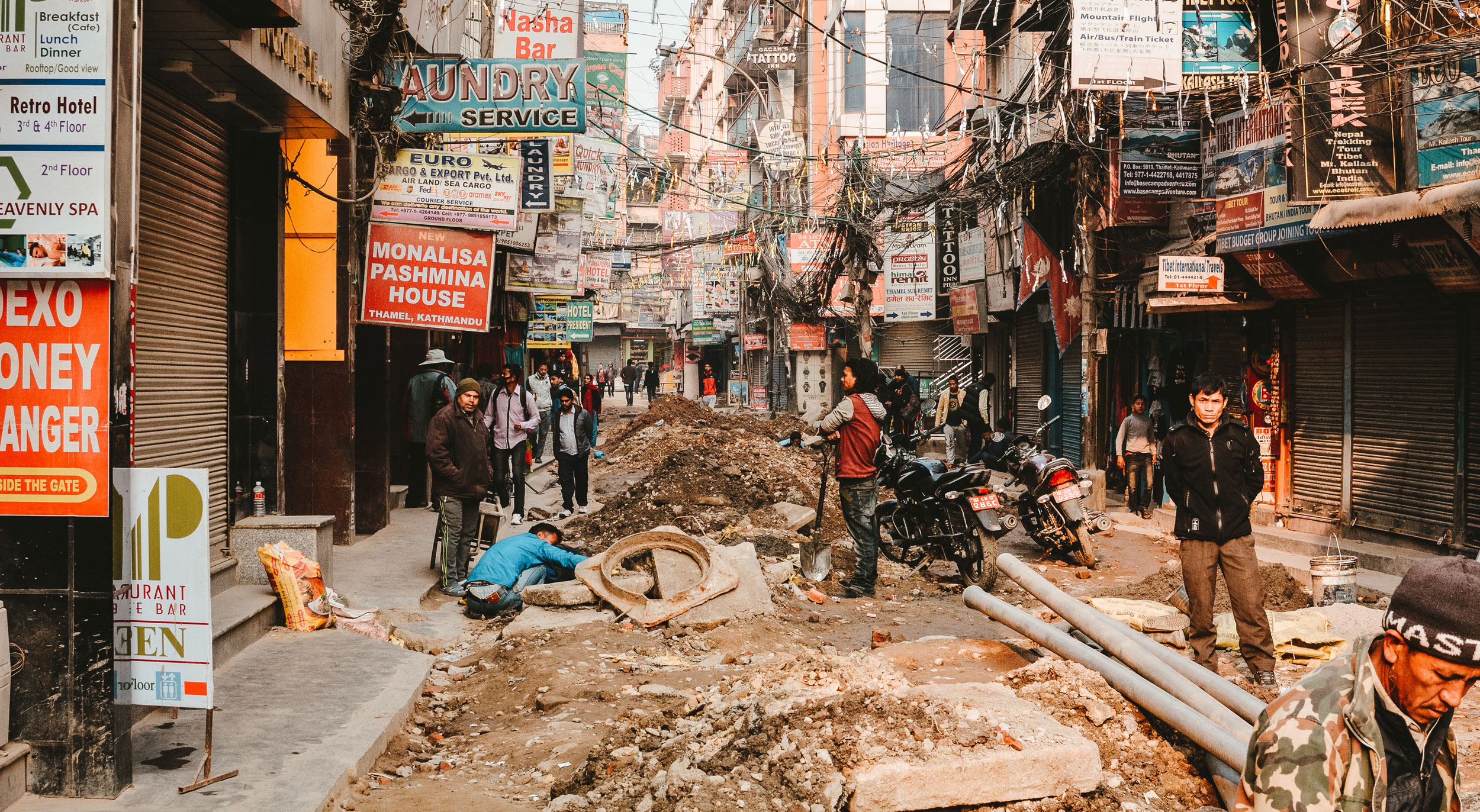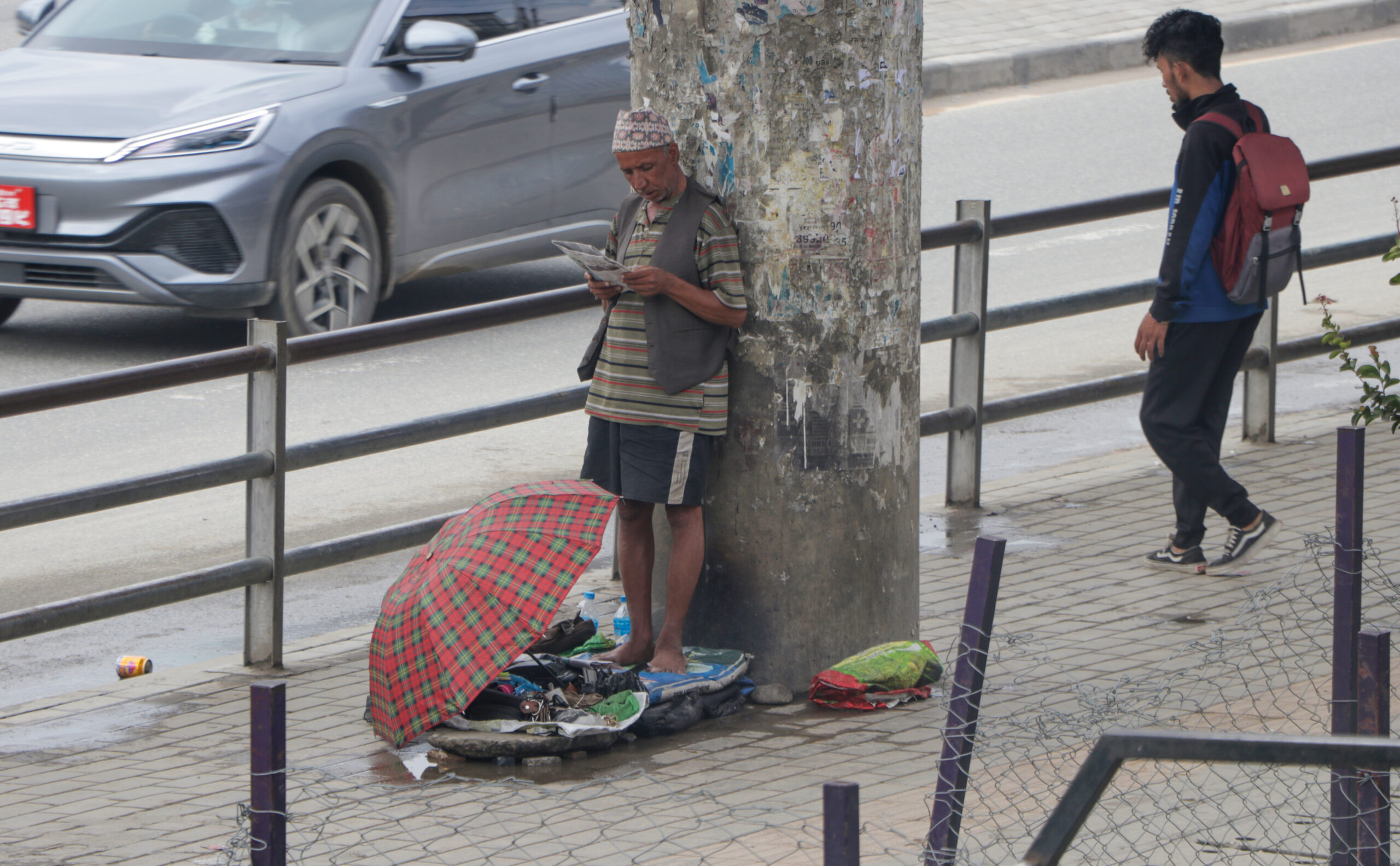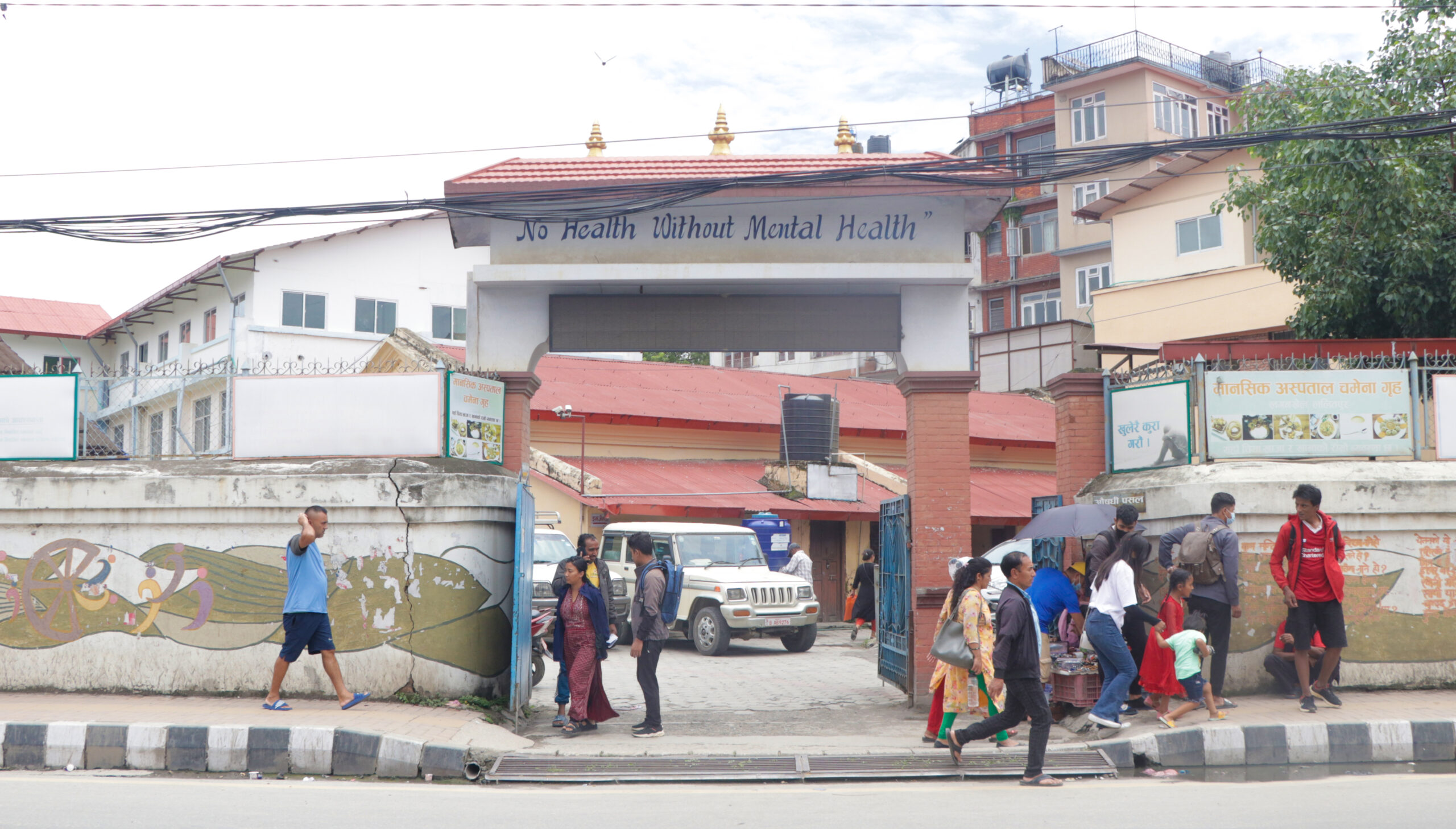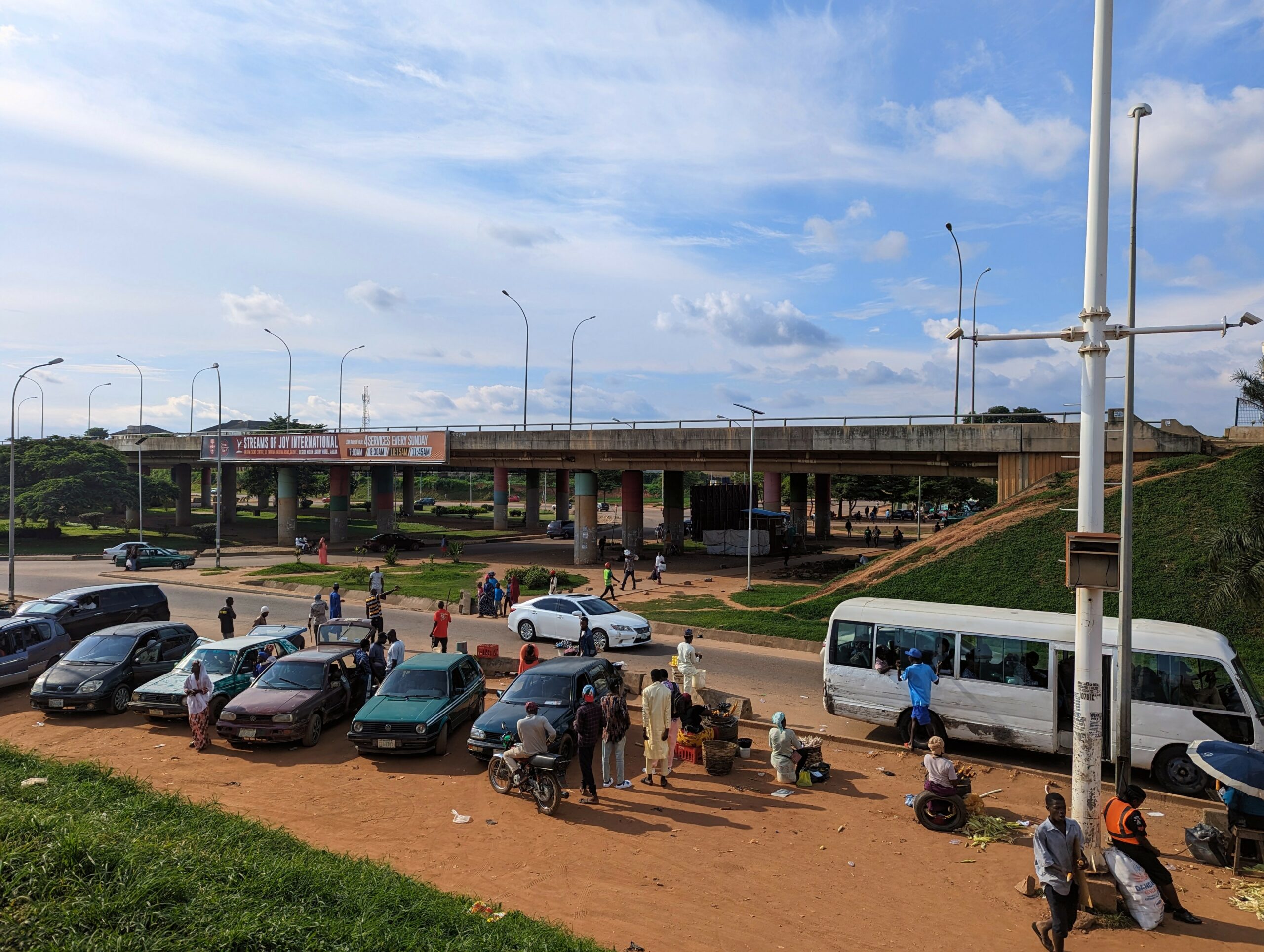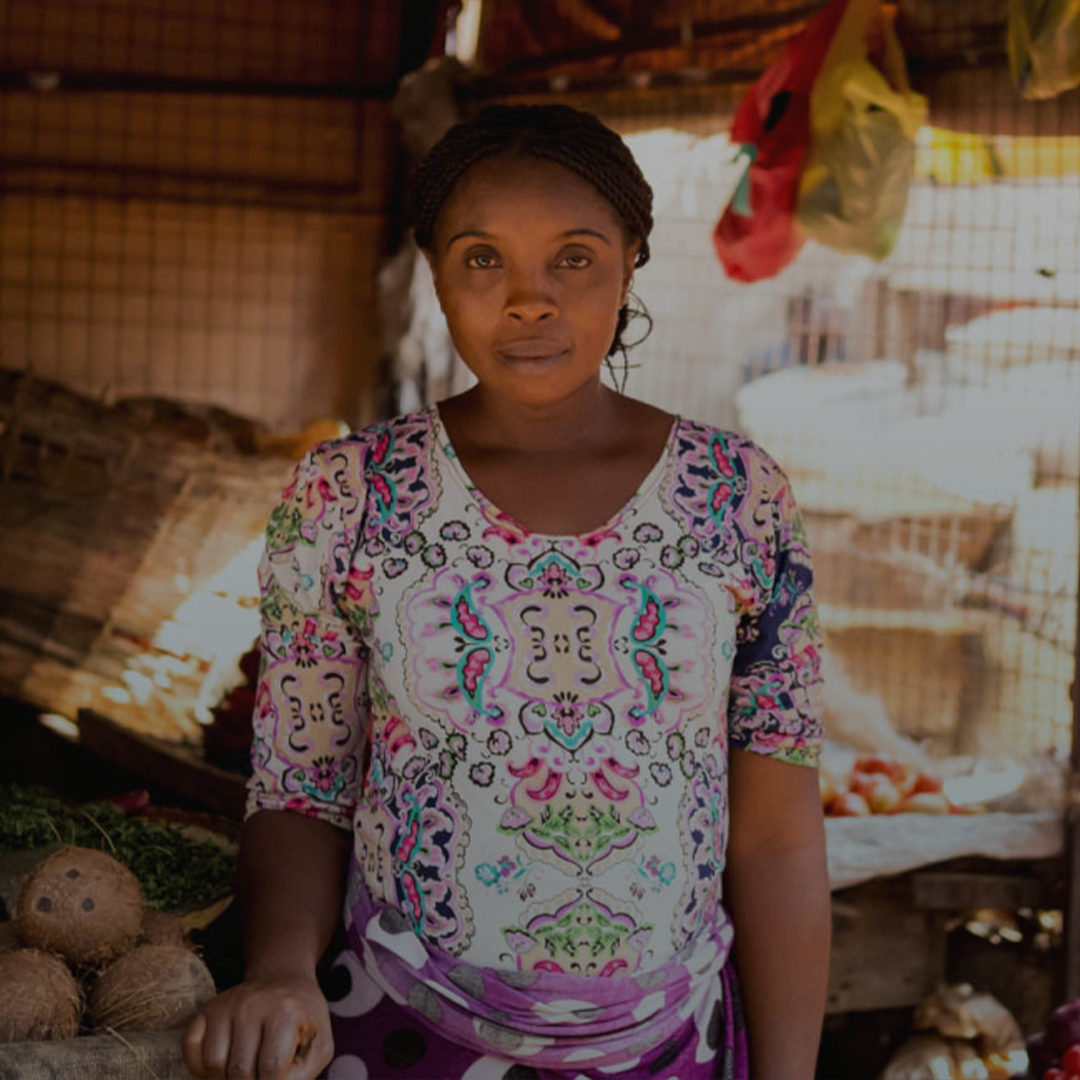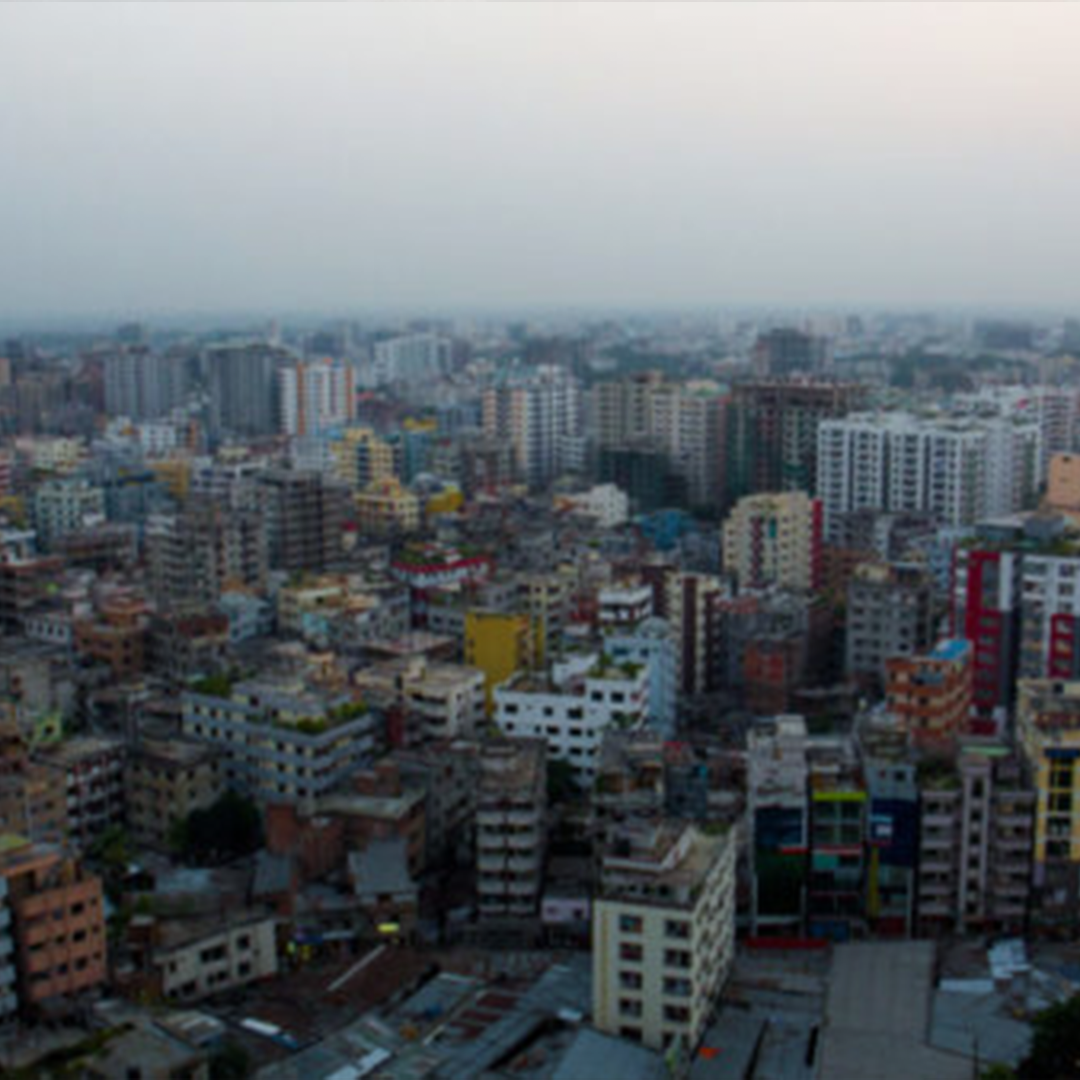
NEPAL
Strengthening urban health systems with an Urban Data Hub

NEPAL
Strengthening urban health systems with an Urban Data Hub
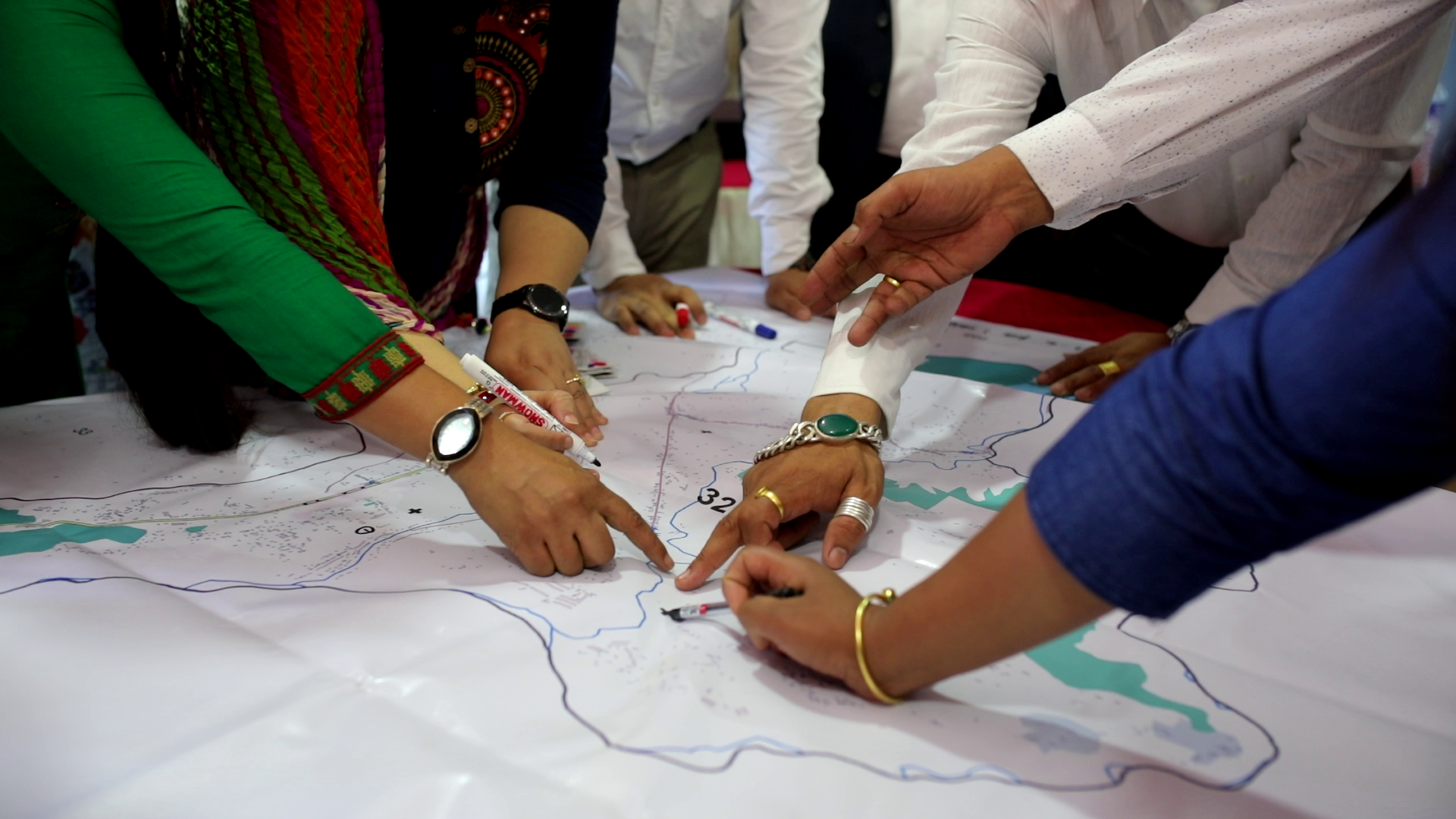
Strengthening urban health systems through an Urban Health Data Hub: Co-Designing Urban Health Data Hub in Budhanilkantha Municipality of Kathmandu, Nepal
ABOUT THIS PROJECT
The rapid urbanization in Nepal has brought both opportunities and challenges, particularly in the realm of public health. Governments and development institutions face challenges in obtaining quality, up-to-date data for research and data driven policy solutions. To bridge these challenges, this project aims to developed and implement a co-designed Urban Health Data Hub in Budhanilkantha municipality of Kathmandu, integrating comprehensive data analysis and stakeholder collaboration to inform evidence-based advocacy and community-led interventions for improved urban health outcomes.
Using a multi-phase approach, including a comprehensive review of the health information systems and data sources related to health sectors, secondary data analysis, social mapping and household survey, our project will work with stakeholders to co-design, develop and implement an Urban Health Data Hub in Budhanilkantha municipality.
Phase 1: Context Review of Health Data of Nepal
The first phase includes document review, data mapping, data integration processes and formative research. Document review examines reports, policies, and datasets related to health, education, infrastructure, and other sectors within the urban municipality. Data mapping aligns health indicators with elements in other sectors, defining the structure and format for data integration.
Phase 2: Social mapping and Descriptive Household Survey
The social mapping, combined with transect and research walk, will be employed to map one of the 13 wards of Budhanilkantha municipality. It will encompass demographics, living conditions, settlement patterns, and social infrastructure such as roads, schools, religious structures, and health facilities. The descriptive household quantitative survey will be performed to assess the proportion of NCD and its associated behavioral risk factors among 960 households through one stage cluster sampling.
Phase 3: Development and Implementation of Urban Health Data Portal
The third phase focus on the development of a centralized Urban Health Data Hub for Budhanilkantha municipality of Kathmandu. This dynamic portal will feature data visualizations of current, real-time, and forecasting health data with major of focus on non-communicable disease of the urban municipality. Crucially, the co-design approach will be employed to engage municipal officials actively in the development process of urban health data portal that involves the identification of essential contributors for a co-design approach. After development of urban health data portal, the project will focus on the implementation of the Urban Health Data Hub on the website of Budhanilkantha municipality. The co-design process will continue to ensure the continuous integration of the portal into the existing infrastructure.
The project aims to achieve a contextual understanding of health data landscape, examining data structures, governance frameworks, and stakeholder dynamics. This understanding serves as the foundation for creating an Urban Health Data Portal in Budhanilkantha municipality, providing centralized visualizations for current, real-time, and forecasting health data. This data hub will enhance data accountability, community involvement, and foster co-design health interventions.
OUTPUTS & PATHWAYS TO IMPACT
Resource
Conference Poster: Co-designing an Urban Health Data Hub Promoting Evidence Use in Urban Health Systems in Budhanilakantha Municipality, Nepal

